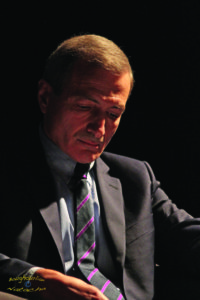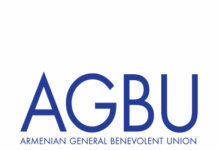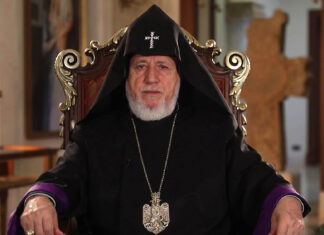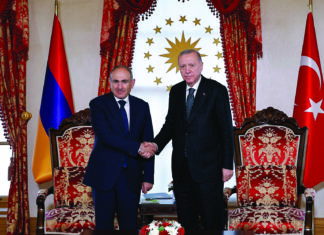PARIS — Armenia and Artsakh face an existential threat the likes of which they have not encountered since independence in 1991. Philippe Raffi Kalfayan, a regular contributor to the opinion section of the Armenian Mirror-Spectator and an expert on international law, recently returned to his home in Paris from a stay in Armenia. What he saw there gave him cause for alarm.
“My recent stay in Yerevan was dedicated to discussing and preparing the legal field and actions related to Artsakh self-determination and post-war legal proceedings,” he said, adding, “My contribution is so minor compared to the young soldiers who sacrificed their lives for the country’s defense.”
“In my previous article, I had mentioned that this war could have been avoided. I have never believed that the Armenian army was superior to that of Azerbaijan. In Yerevan, people are now recognizing that for over 25 years Armenia had enjoyed ‘khorovadz’ and a privileged short term business and enrichment but neglected investing in modern weaponry and state security. This is why we are where we are,” he noted.
The Agreement
The shock waves from the signing of the November 10, which resulted in a ceasefire, still reverberate.
“The terms reflect the reality of the battlefield. It reflects territorial losses, more than what we could have returned if the war didn’t occur,” he explained.









